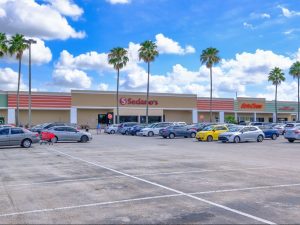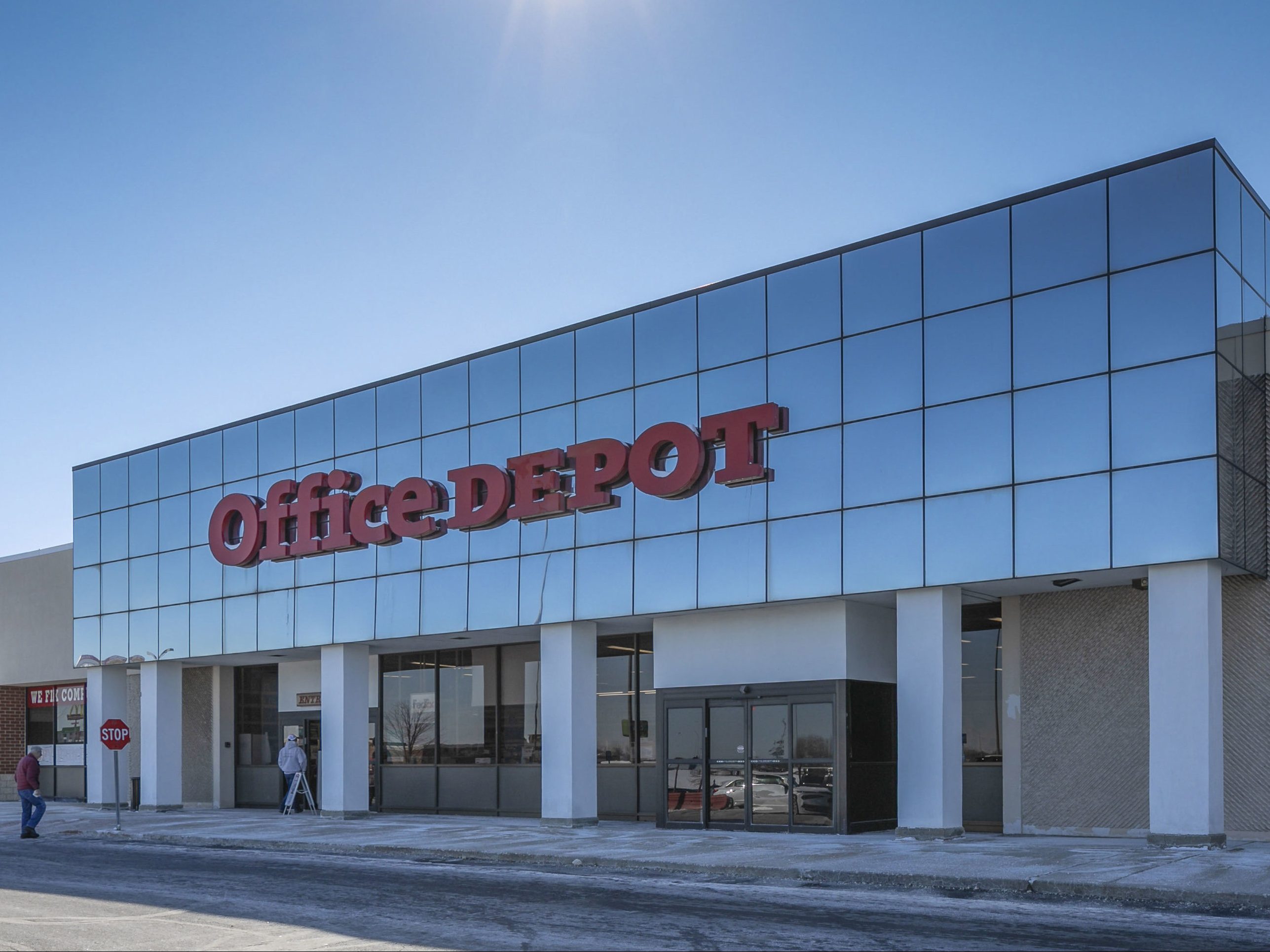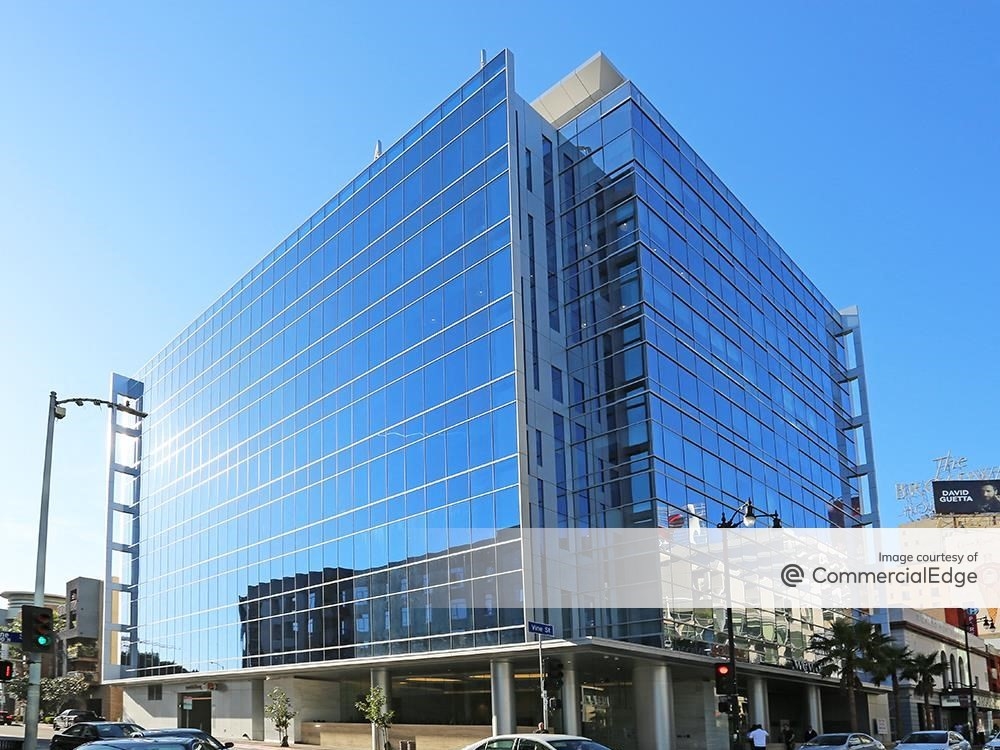Longpoint Retail Fund Closes With $225M in Commitments
Focused on grocery-anchored centers, the vehicle exceeded its initial target.
Less than a year after launching Longpoint Specialty Grocer Fund I LP, Longpoint has completed the final closing of the investment vehicle with $225 million in capital commitments. Grocer Fund I attracted substantial attention from the investment community, surpassing its initial $200 million fund-raise target.
Grocer Fund I is an extension of Longpoint’s strategy of acquiring core specialty grocery-anchored neighborhood shopping centers offering inherent long-term value. The fund focuses on assets featuring grocery tenants that accommodate the shopping preferences of a neighborhood’s ethnic, racial or multicultural population.
The concept proved highly desirable, reeling in a range of institutional investors, including public pension funds, foundations, endowments and private family offices. Santa Barbara County Employees’ Retirement System, which had contributed to Longpoint’s infill industrial and shopping center funds, Longpoint Realty Fund I and II, in 2018 and 2020, respectively, earmarked $25 million for Grocer Fund I in June 2022.
READ ALSO: What Will Retail Look Like in 2023?
“Our expectation was to meet our target. We were pleasantly surprised by the robust response from our investors, who recognize our expertise as an owner and operator of specialty grocery-anchored shopping centers, as well as the value and recession-resiliency of the asset class,” Dwight Angelini, managing & founding partner of Longpoint, told Commercial Property Executive.
Since its debut in 2022, Grocer Fund I has shelled out an aggregate of $166 million on the purchase of eight assets in Dallas, Miami, Orlando and Los Angeles. Pembroke Place, a 273,400-square-foot shopping center in Pembroke Pines, Fla., is among the acquisitions. Located roughly 20 miles north of Miami and south of Fort Lauderdale, Pembroke Place is anchored by a Sedano’s supermarket, the largest Hispanic-owned grocer in the United States providing affordable Latin foods and products.
A growing sector
Longpoint has been investing in infill logistics real estate and grocery-anchored retail properties since its formation in 2015, so the vertically integrated private equity real estate firm has been a front-seat witness to the evolution of the culturally relevant shopping center segment over the last several years.
“We believe changes in demographics in attractive neighborhoods—including the growth of Hispanic and Asian communities in key markets across the U.S.—has supported strong demand for culturally relevant shopping centers anchored by top-performing specialty grocers,” Angelini said. “This consumer demand has also led to more demand from institutional investors, who are seeking exposure to these niche assets.” And these niche assets, he added, have a strong long-term outlook, as the credit profiles of ethnic grocers continue to improve via M&A transactions involving larger retailers, further supporting the strength and performance of these shopping centers.
Grocer Fund I still has quite a bit of shopping to do. Assuming a 50 percent LTV, the investment vehicle is positioned to acquire a total of approximately $450 million in assets, yielding an anticipated portfolio of 17 to 20 shopping centers in Florida and other high-growth markets, including Texas and California.








You must be logged in to post a comment.